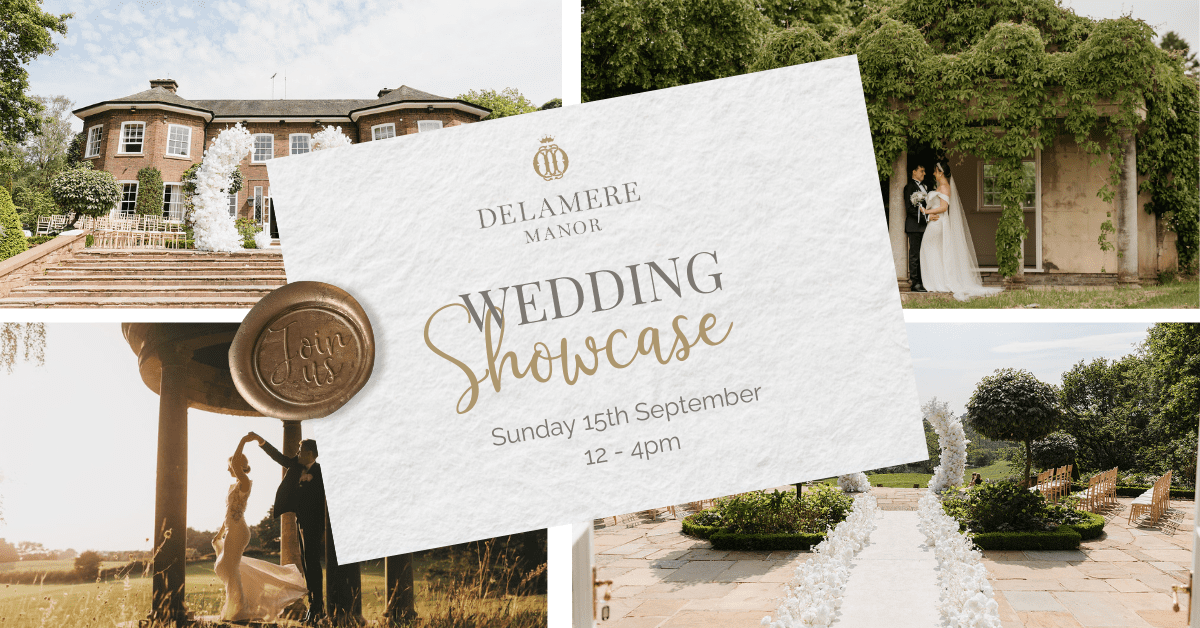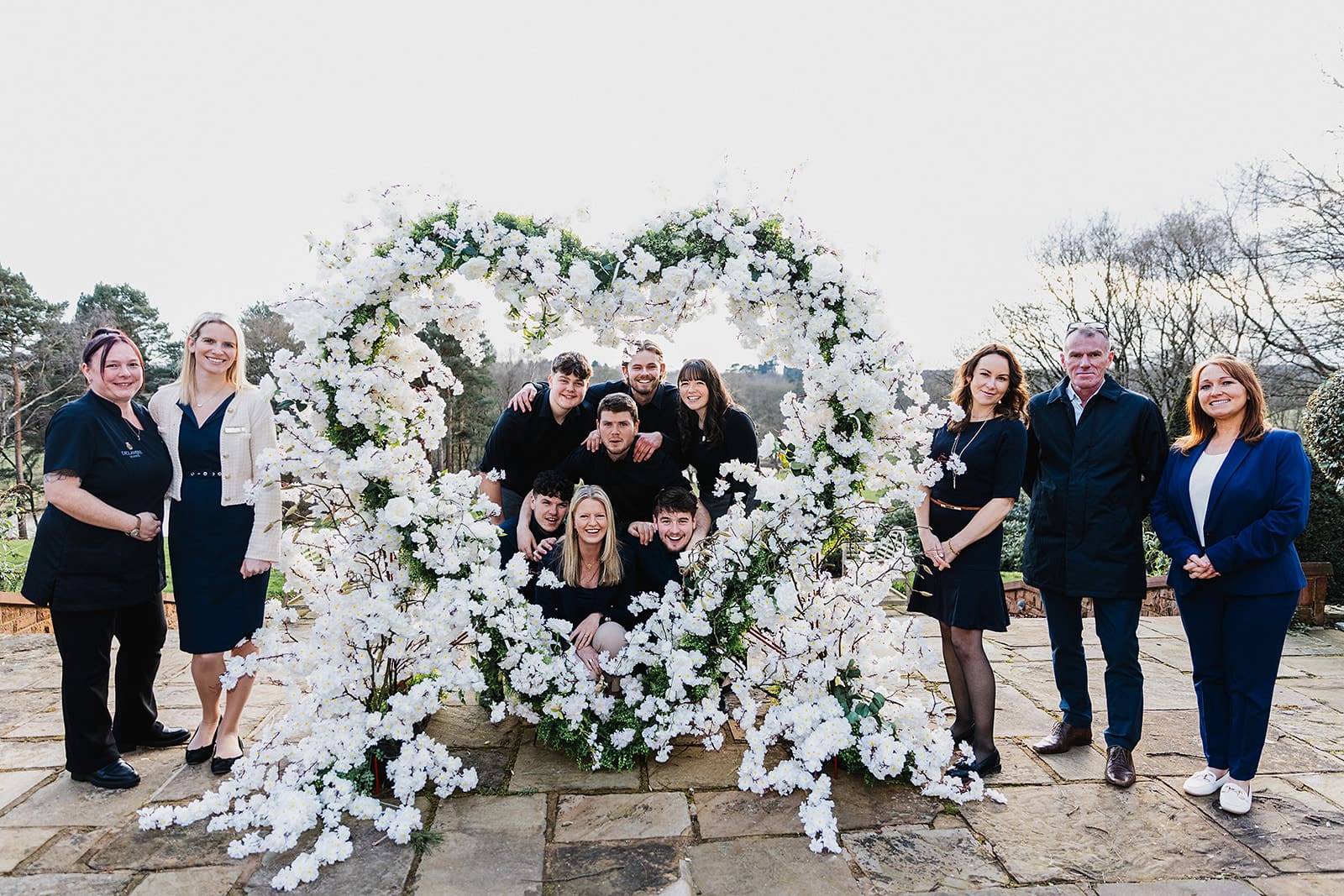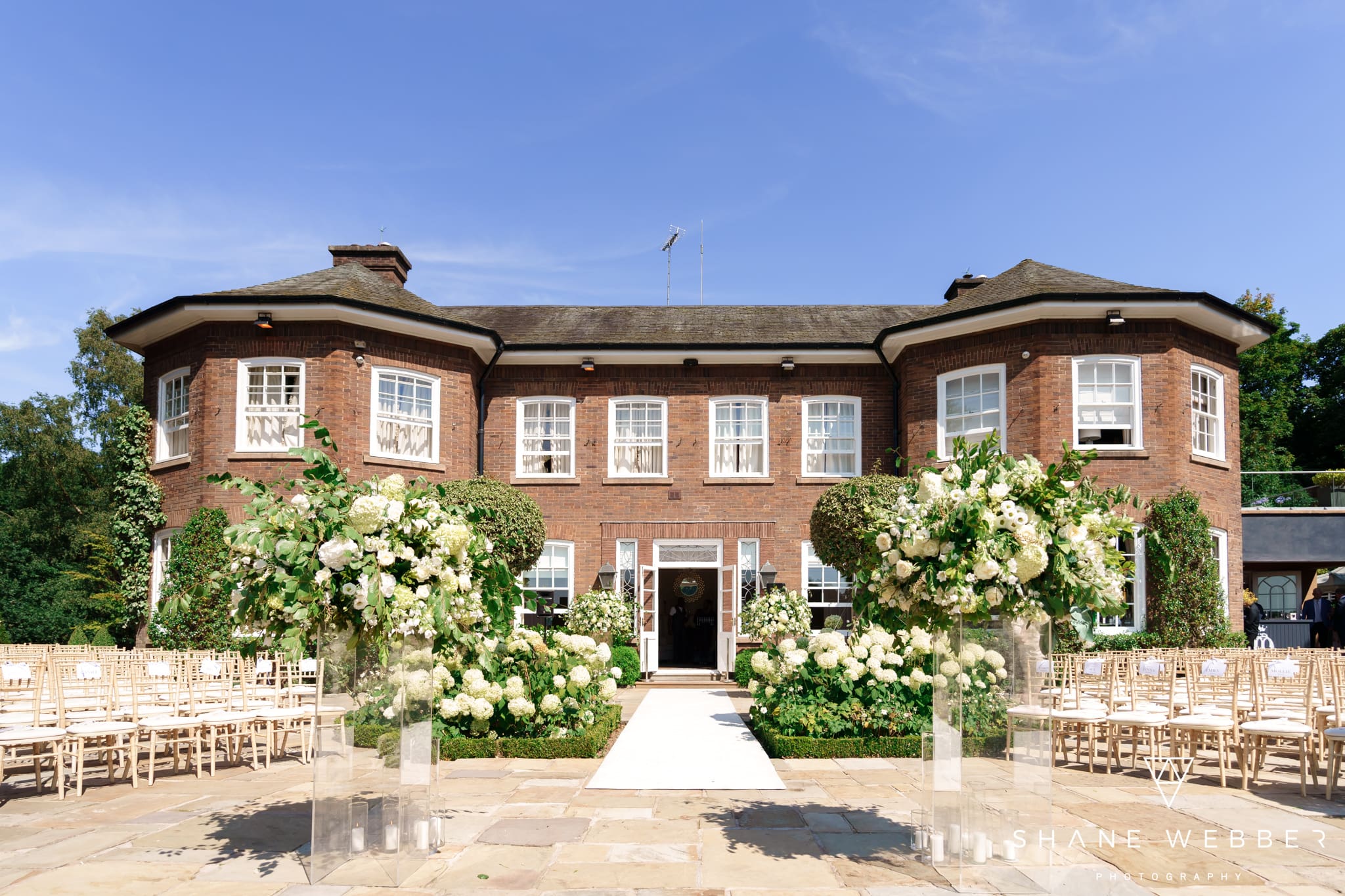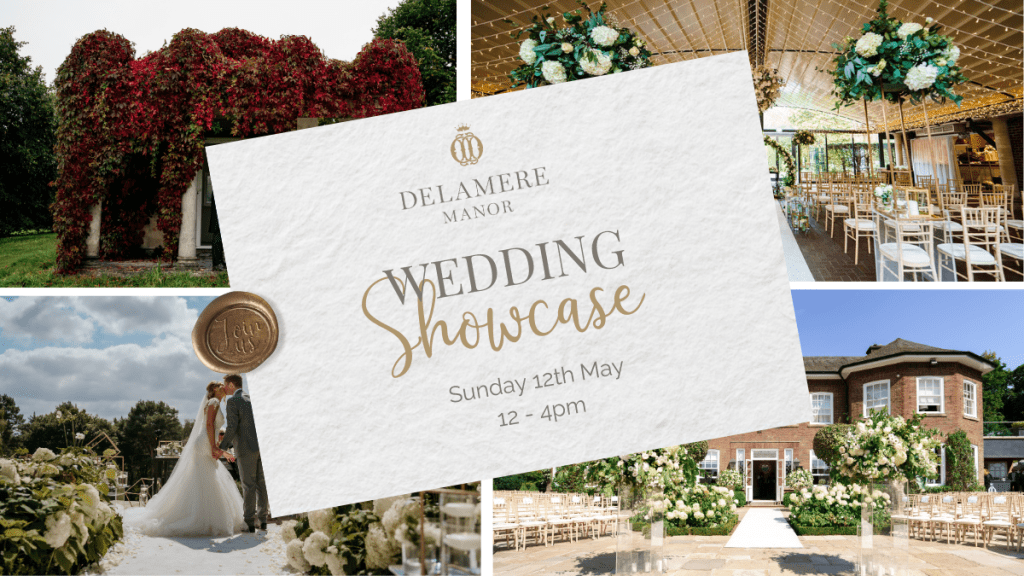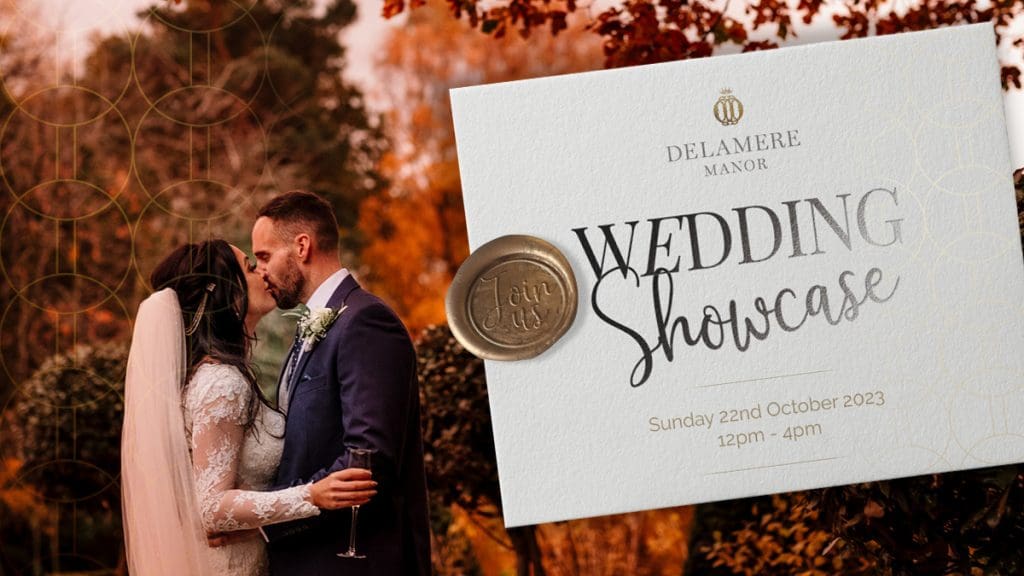Weddings aren’t all just about the glitzy jewels, the big white dress, the bridal bouquet, and planning the perfect menu. There is a lot of paperwork and legal matters that need to be addressed before you can proceed with a marriage ceremony.
Firstly, both members of the couple must be of legal age to wed. In the UK, this is 16 or 17 with parental consent, or otherwise 18. It is illegal to marry most close family members, but first cousins are allowed to wed.
If you are planning a Catholic, Church of England, or similar Christian ceremony, it is imperative that you arrange for the reading of the wedding banns before the wedding can take place. If you have never heard of the banns before, don’t worry, many people haven’t. All it means is that announcements will be read out three times in your place of worship declaring your intention to be wed. Your religious leader will be able to advise you further on how to proceed with submitting the banns, but it’s an important, albeit slightly archaic, legal requirement for religious weddings.
There may be other obligations if you are planning a religious ceremony. You might need to show certificates proving you have undertaken specific ceremonies that connect you to your faith, such as a Baptism certificate or equivalent documentation. You may even be required to go on a marriage preparation course organised by your religious leader. Every religion is different, so do your research and make enquiries.
The rules around whether or not a divorcee can remarry in a religious ceremony depends largely on your religion. You would have to consult your faith leader for more information on this topic.
If you’re planning a non-religious civil wedding, there is still a certain amount of documentation that needs to be completed and submitted, such as passports. The notice for the wedding must be given at least 28 days prior to the wedding date; this consists of signing a register at the local register office.
If one member of the couple is a foreign national, an appropriate visa depending on your circumstances will need to be acquired before the wedding can take place. In some situations, you may be interviewed by the Home Office before permission will be granted.
It may not be the more glamourous aspect of a wedding, but it’s important to ensure you submit all paperwork in time so that your big day can proceed without any hiccups.

